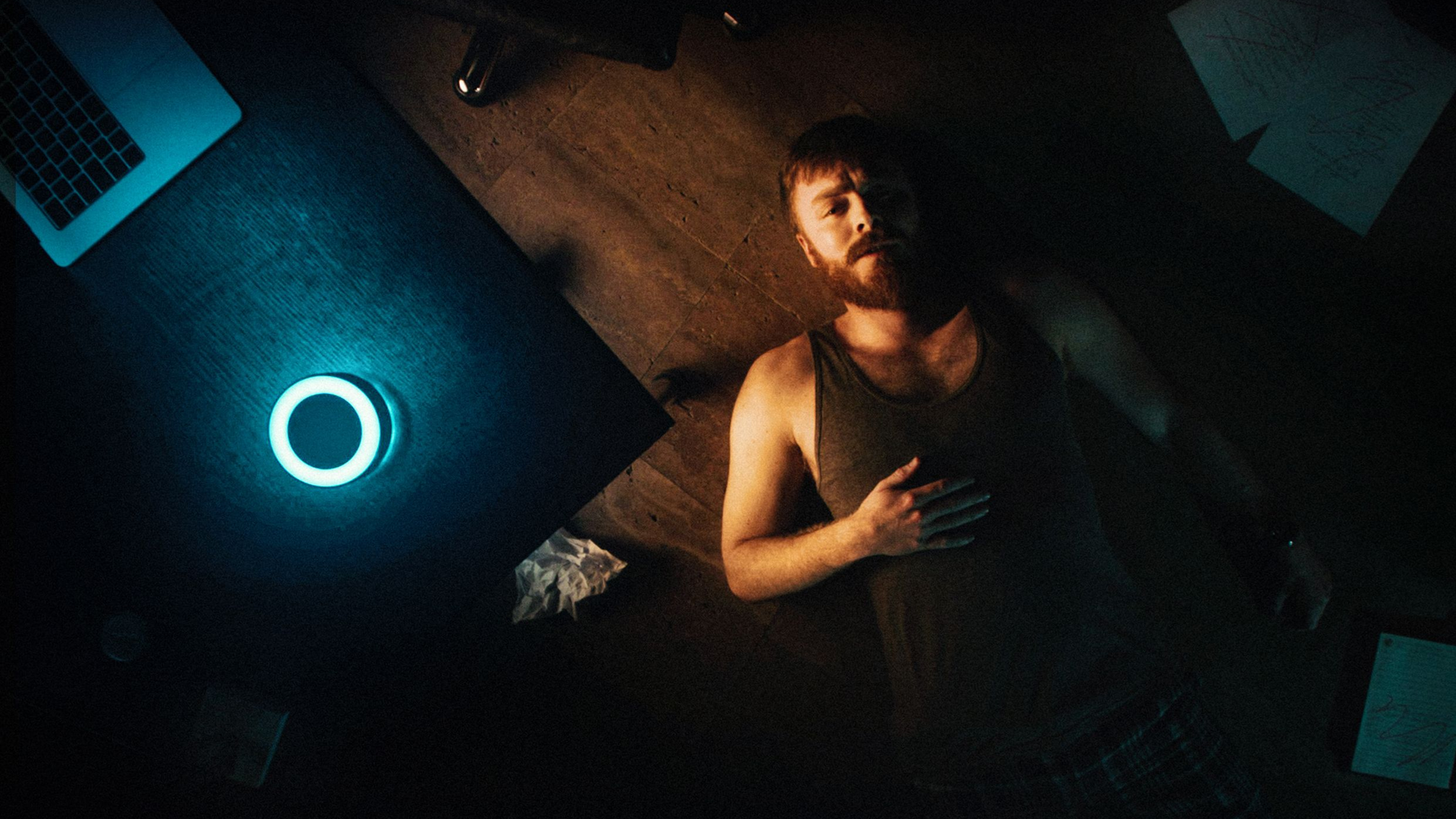ChatGPT wrote a movie and yes, it freaked people out and forced a big change to its launch plans
"The Last Screenwriter" is ChatGPT's first theatrical screenwriting credit

Sign up for breaking news, reviews, opinion, top tech deals, and more.
You are now subscribed
Your newsletter sign-up was successful
The Prince Charles Cinema in London canceled the world premiere of “The Last Screenwriter” after receiving complaints over the use of ChatGPT to write the film’s script.
Swiss director Peter Luisi employed the generative artificial intelligence chatbot to write the film and gave the AI the screenwriting credit. Aptly enough for a script composed by an AI, “The Last Screenwriter” is about a famous screenwriter dealing with an AI scriptwriter named “ChatGPT 4.0,” outperforming him and somehow understanding humanity better than the actual human.
Luisi produced the screenplay through a series of prompts to ChatGPT, starting by asking it to “write a plot to a feature-length film where a screenwriter realizes he is less good than artificial intelligence in writing.” He followed up with the AI by asking it to compose outlines and scenes, as well as name the movie’s characters. With some editing, the script was complete.
The movie’s press kit even includes a statement from ‘the screenwriter,’ who comes off as very proud of the screenplay.
“As the screenwriter of 'The Last Screenwriter,' I am excited to bring this thought-provoking story to life on the page,” ChatGPT is quoted as stating. “At its core, the film explores the intersection between technology and human creativity, and asks the question: can machines truly replace the human experience when it comes to art and storytelling?”
That almost sounds too human.
Fade to black
However, just before the premiere, the cinema canceled the event, citing a deluge of audience complaints. While trying to avoid this specific controversy, the theater did make a point about the question of AI in entertainment being a larger issue than just this one film and one theater’s policy.
Sign up for breaking news, reviews, opinion, top tech deals, and more.
“The feedback we received over the last 24hrs once we advertised the film has highlighted the strong concern held by many of our audience on the use of AI in place of a writer which speaks to a wider issue within the industry,” the Prince Charles wrote in its statement.
Proponents of AI in entertainment say it can offer innovative solutions and new perspectives. However, many worry about what it might mean for creative employment and even the future of storytelling.
Generative AI and its uses were at the core of the recent writer and screen actor union strikes, and both settlements addressed how companies should approach the technology. Even so, it’s not likely to be a settled issue when the technology itself is evolving so rapidly.
Don't cry for ChatGPT. Director Luisi still held a family and friends screens. Plus, there are plans to release the movie for free online on June 27 and post the screenplay and how it was created by ChatGPT.
You might also like
- Pro comedians tried using ChatGPT and Google Gemini to write their jokes – these were the hilariously unfunny results
- OpenAI announces new Safety and Security Committee as the AI race hots up and concerns grow around ethics
- ChatGPT’s big, free update with GPT-4o is rolling out now – here’s how to get it

Eric Hal Schwartz is a freelance writer for TechRadar with more than 15 years of experience covering the intersection of the world and technology. For the last five years, he served as head writer for Voicebot.ai and was on the leading edge of reporting on generative AI and large language models. He's since become an expert on the products of generative AI models, such as OpenAI’s ChatGPT, Anthropic’s Claude, Google Gemini, and every other synthetic media tool. His experience runs the gamut of media, including print, digital, broadcast, and live events. Now, he's continuing to tell the stories people want and need to hear about the rapidly evolving AI space and its impact on their lives. Eric is based in New York City.